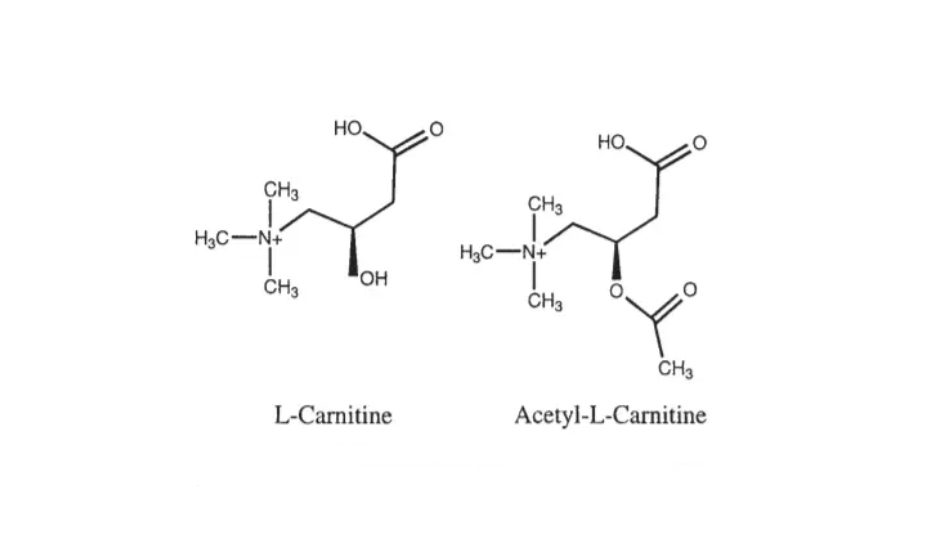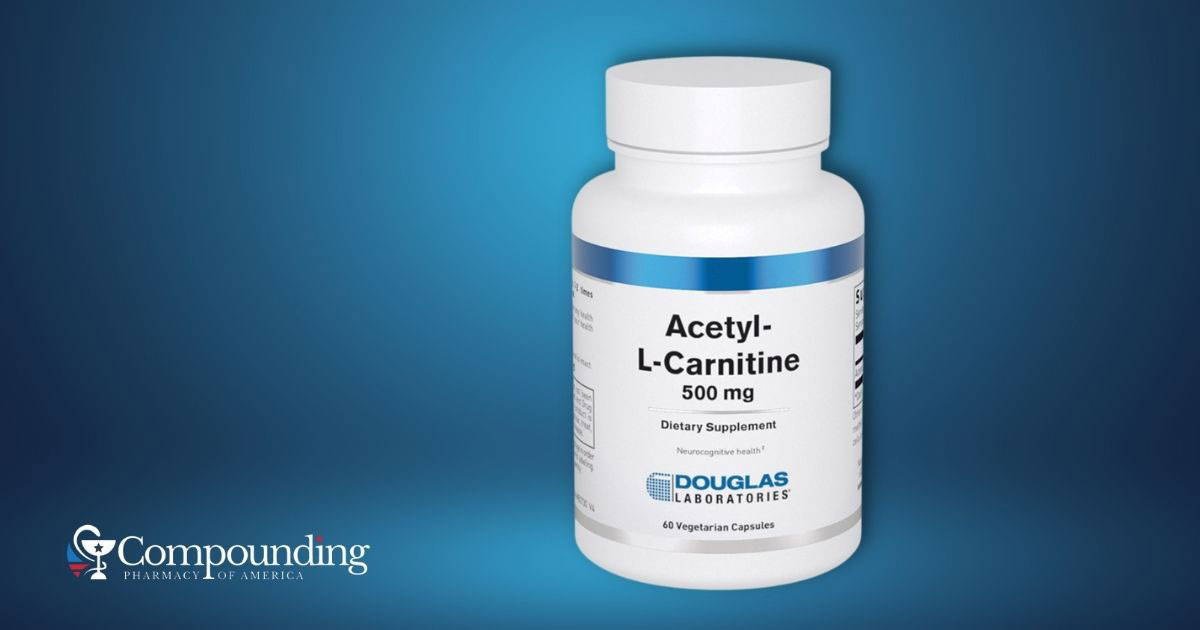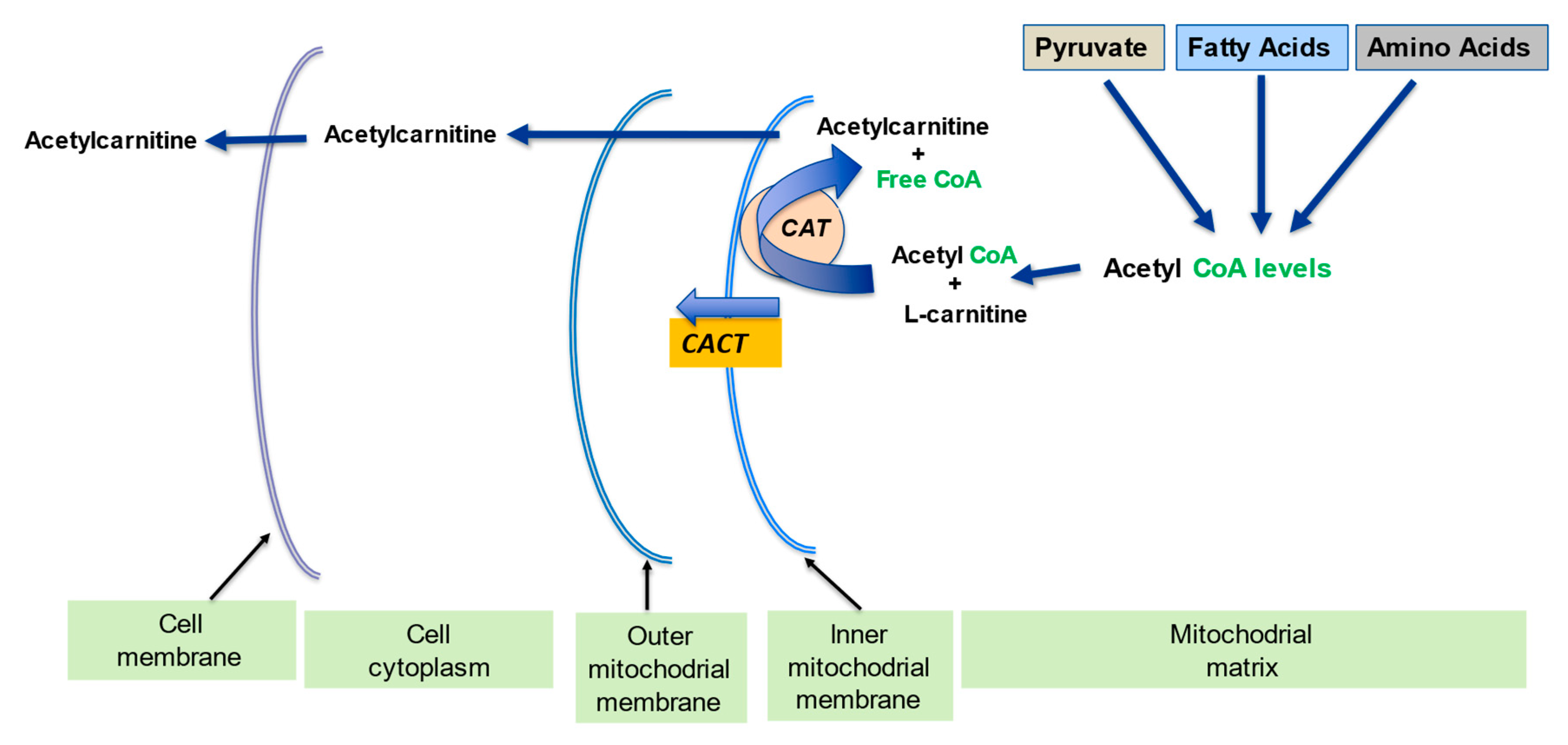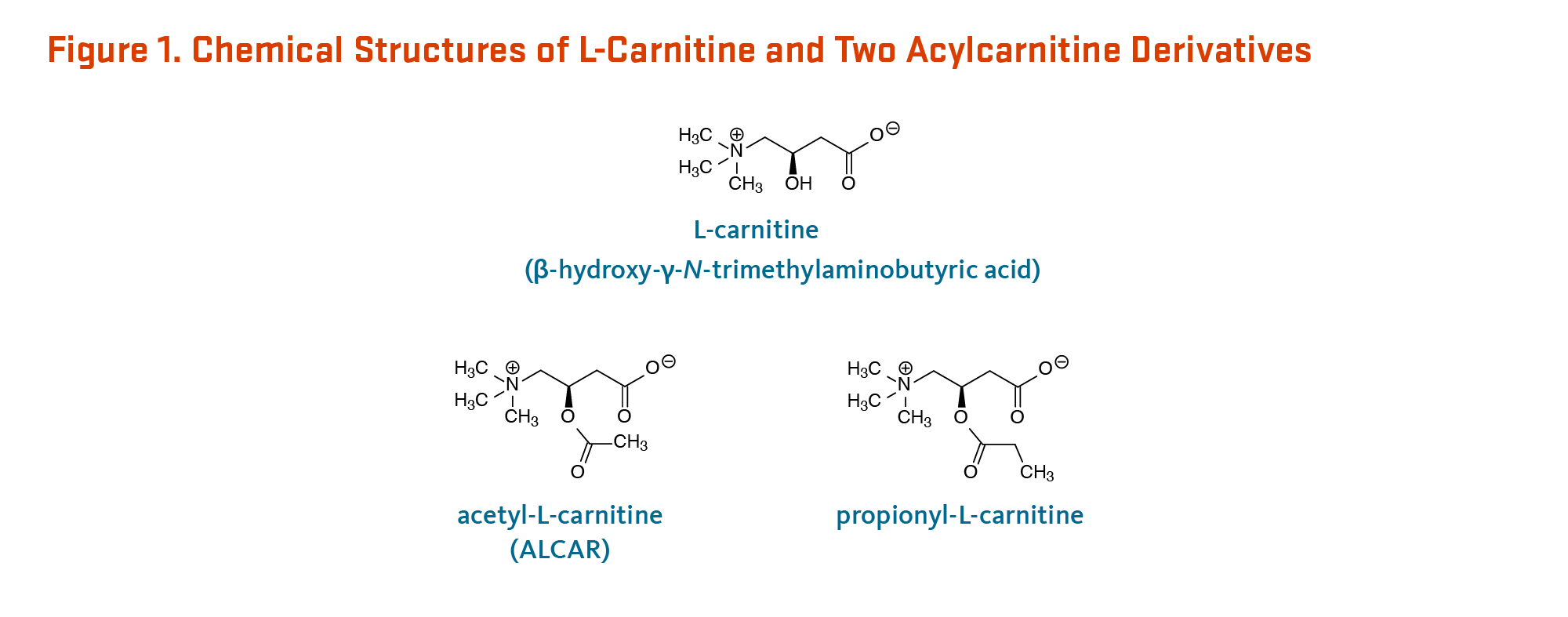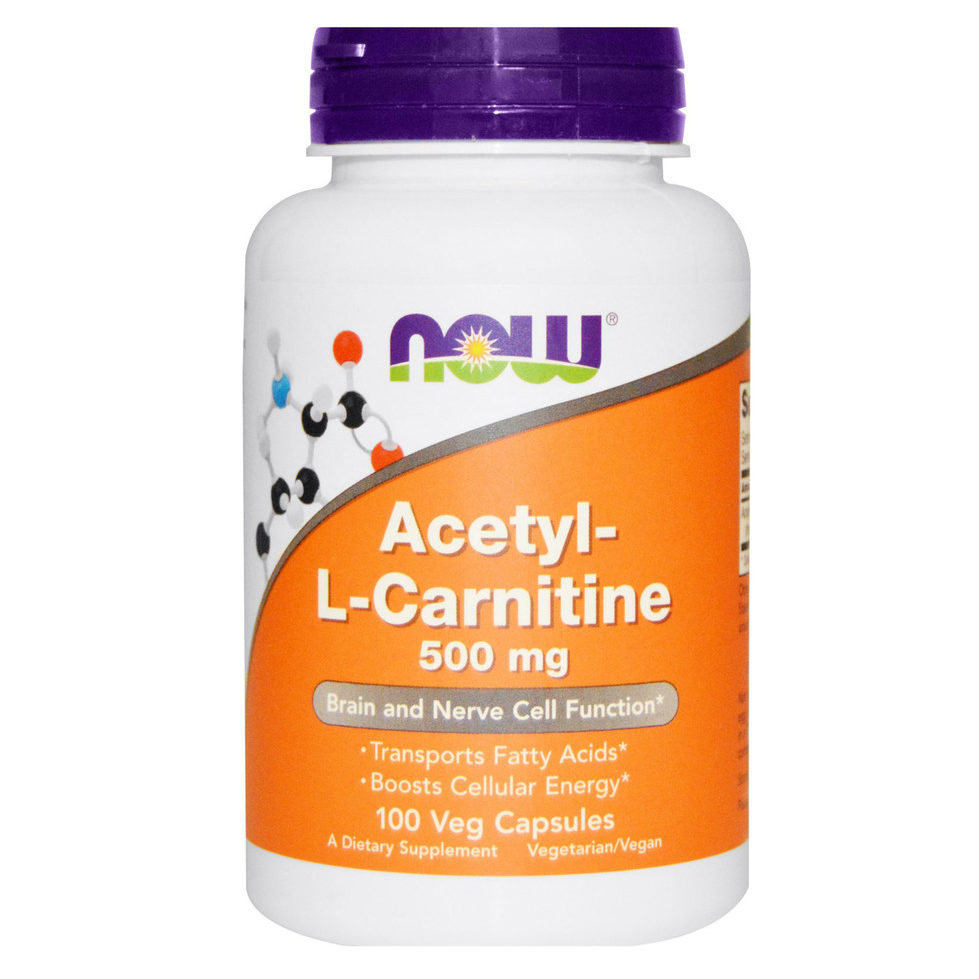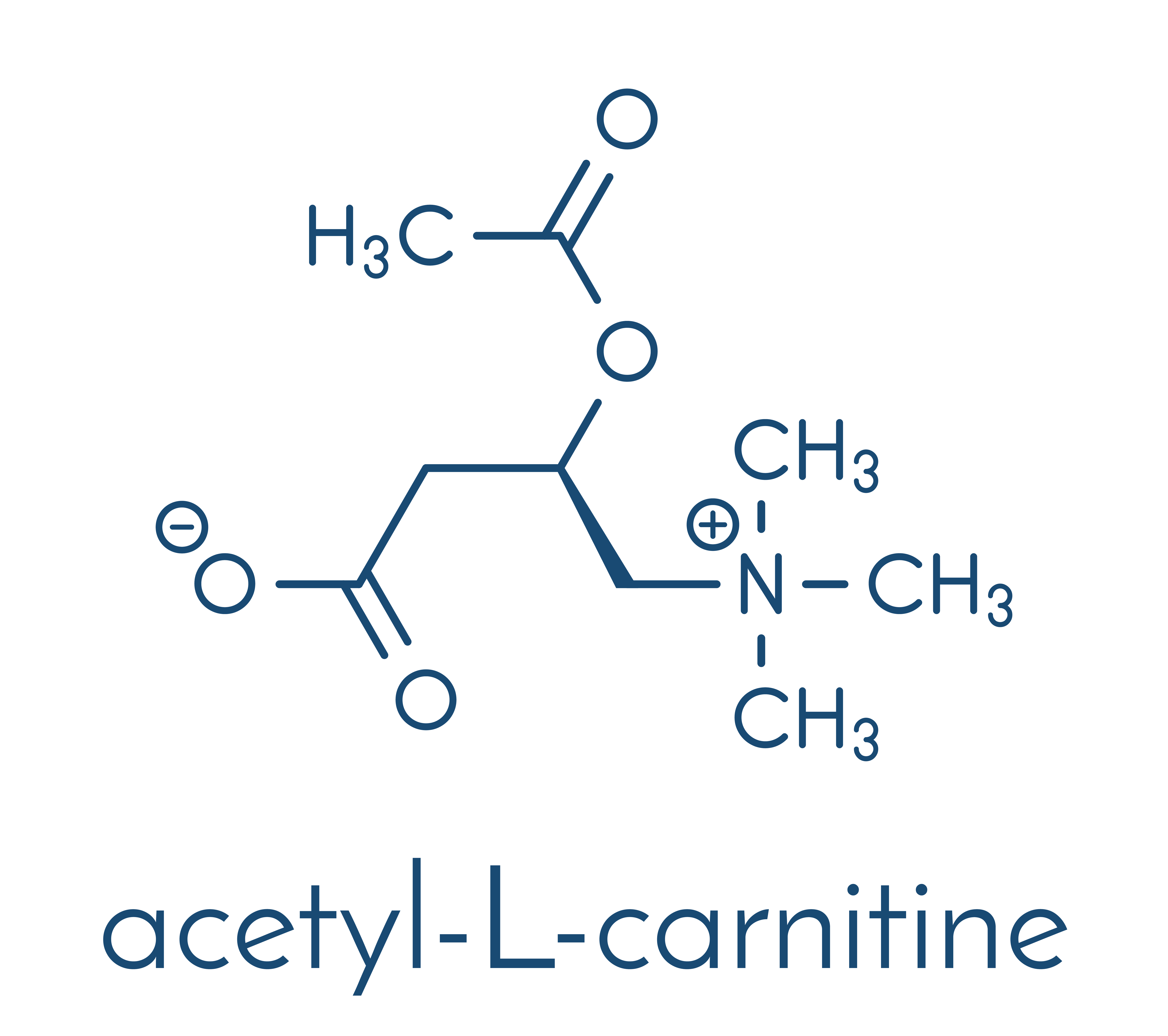Difference Between Carnitine And Acetyl L Carnitine

Carnitine and Acetyl L-Carnitine (ALCAR) are often confused, but understanding their distinct roles is crucial for anyone considering supplementation. Both compounds play a part in energy production, but their different chemical structures lead to varying effects on the body, particularly regarding brain function.
What's the Difference?
The key difference lies in their molecular structure. Carnitine primarily shuttles fatty acids into the mitochondria for energy production, while Acetyl L-Carnitine (ALCAR), with its acetyl group, can cross the blood-brain barrier more effectively.
This enhanced permeability to the brain makes ALCAR potentially more beneficial for cognitive function and neurological health compared to standard L-Carnitine.
The Role of Carnitine
Carnitine, often referred to as L-Carnitine, is vital for transporting long-chain fatty acids into the mitochondria.
The mitochondria are the powerhouses of cells, and without carnitine, these fatty acids cannot be efficiently burned for energy.
This process is critical for energy production, especially during periods of high energy demand like exercise.
Acetyl L-Carnitine (ALCAR): Brain Booster?
ALCAR is a modified version of carnitine that includes an acetyl group. This modification allows it to cross the blood-brain barrier more readily.
Once in the brain, ALCAR can support acetylcholine production, a neurotransmitter important for memory and learning.
Studies have suggested potential benefits for cognitive decline and neurodegenerative diseases, however, more research is necessary to confirm these findings.
Specific Uses and Benefits
L-Carnitine is commonly used for enhancing athletic performance and supporting fat metabolism.
Athletes often use it to improve endurance and reduce muscle fatigue.
ALCAR is primarily associated with cognitive enhancement and neuroprotective effects.
Who Uses These Supplements?
Athletes, bodybuilders, and individuals looking to improve their physical performance commonly use L-Carnitine.
ALCAR is often used by older adults, individuals with cognitive concerns, or those seeking to boost mental clarity.
Both supplements are available over the counter, but consultation with a healthcare professional is recommended before starting any new supplement regimen.
Where are They Found?
Both L-Carnitine and ALCAR are available at most health food stores, pharmacies, and online retailers.
They come in various forms, including capsules, tablets, powders, and liquids.
L-Carnitine is also naturally found in foods like red meat, poultry, and fish.
When Should You Consider Supplementation?
L-Carnitine supplementation might be considered when experiencing low energy levels, seeking to improve athletic performance, or having difficulty with fat metabolism.
ALCAR supplementation may be explored when cognitive function is a concern or to potentially support neurological health.
It is important to note that supplementation should complement a healthy diet and lifestyle, not replace them.
How Do They Work at a Cellular Level?
L-Carnitine functions by transporting fatty acids across the inner mitochondrial membrane.
ALCAR, in addition to its role in fatty acid transport, may also act as an antioxidant and support nerve cell function within the brain.
It also can help increase the availability of acetyl-CoA, a crucial component for energy production and acetylcholine synthesis.
Potential Side Effects and Risks
Both L-Carnitine and ALCAR are generally considered safe when taken at recommended dosages.
However, some individuals may experience mild side effects such as nausea, stomach upset, or diarrhea.
High doses of L-Carnitine have been associated with a fishy body odor in some cases.
ALCAR might cause restlessness or insomnia in sensitive individuals.
It's crucial to consult with a doctor before use, especially if you have pre-existing medical conditions or are taking other medications.
Current Research and Studies
Ongoing research continues to explore the potential benefits of both carnitine and ALCAR.
Studies are investigating the role of ALCAR in treating neurodegenerative diseases like Alzheimer's and Parkinson's.
Researchers are also examining the use of L-Carnitine in cardiovascular health and diabetes management.
The Bottom Line
While both carnitine and ALCAR are related compounds, they serve different purposes and have distinct effects on the body.
L-Carnitine is primarily for energy production and fat metabolism, while ALCAR is more focused on cognitive enhancement and neurological support.
Understanding these distinctions is critical to choosing the right supplement for your specific needs.
Next Steps: Individuals considering supplementation should consult with a healthcare professional to determine the appropriate dosage and ensure it is safe for their individual circumstances. Further research is crucial to fully understand the long-term effects and optimal uses of both compounds.
